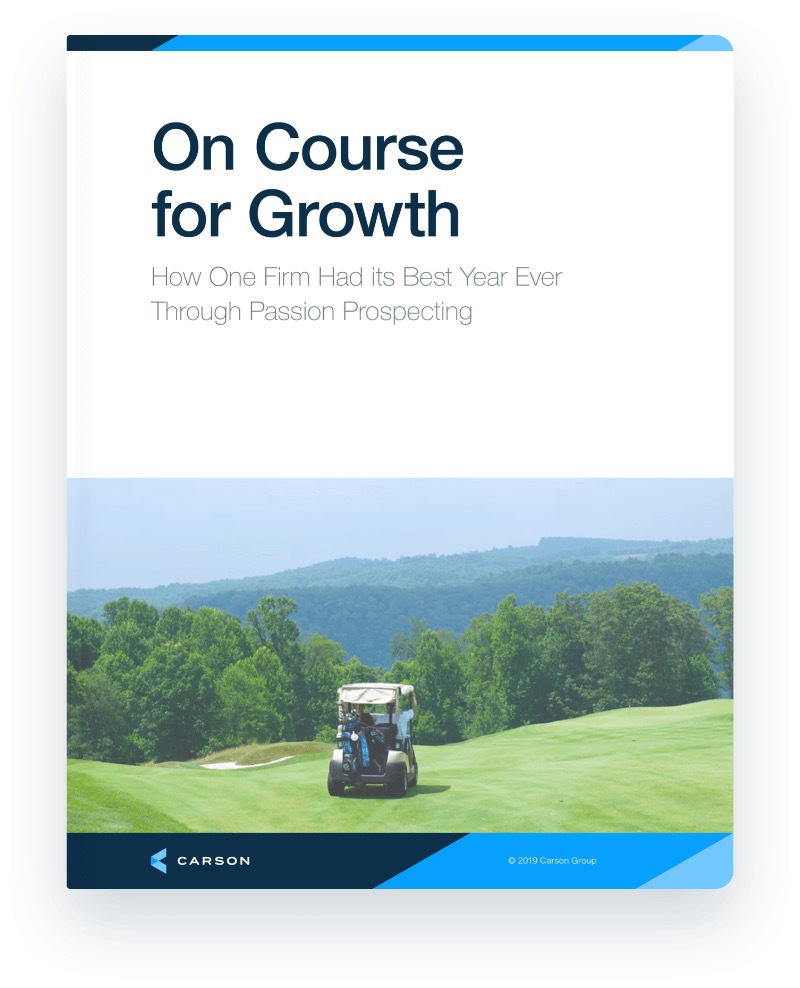A lot of us are familiar with that post-conference attitude, right? After being out of the office for a couple days, we return to the real world ready to unload the weight of the pens, stress balls and ideas we took away from the conference.
Except I didn’t come back from FinCon 2019 bearing any extra weight. (I did visit the pizza shop down the street from the hotel quite a few times. I’m surprised they never recognized me.) Sure, one of the straps broke on my carry-on bag of conference goodies. But books are heavy and I had paid the bookstore near my hotel a generous visit.
Yes, I did go to the conference – I didn’t just go to Washington D.C. to eat pizza and buy books. I just didn’t come back to work bursting at the seams, and that’s a good thing. Here’s why. FinCon was like peeking behind the curtain of your favorite TV show or movie and not regretting it. Seeing how the meat is made, per se, usually replaces the mystery and romance with disappointment and feelings of underwhelming. FinCon’s tagline – making personal finance personal – asked attendees and speakers to pull the curtain back. Expose themselves. Share triumphs and low points. What’s worked, what hasn’t.
Aside from nerdy content marketing and writer-specific nuggets I collected (write so people remember how you made them feel!), I returned from FinCon with tweaked perspectives in a couple areas. The conference challenged me to change how I view, talk and write about money, and I think a lot of advisors could benefit from these lessons – whether you dabble in content marketing or are paddling in the deep end. So let’s get talking:
1. There are many, many methods to money, but one message.
In the opening keynote, I Will Teach You To Be Rich author Ramit Sethi did his job and set the tone for the entire conference. “Trust is ultimately an emotional connection.” When someone trusts you with their money, why would you treat them like anything less than a friend? Don’t talk down to them, talk to them as a peer. Don’t pretend to have all the answers, share your struggles and ask tough questions. And don’t try to please everyone – know your audience and do right by them.
It’s easy to label money as spreadsheets and the stock market. But as Ramit said, “A rich life is lived outside the spreadsheet.” That goes for clients and advisors alike. Get to know your clients on a deeper level. Strengthen your relationship with them so you can help strengthen their relationship with money.
2. Twice isn’t always nice
Alright, I did walk away with a few tangible to-do’s, especially regarding everyday work habits. Nick Loper of Side Hustle Nation introduced the “Rule of 2.” If you find yourself doing something twice, ask yourself why. It might be time to eliminate, automate, accelerate or delegate.
While the conference featured speakers and attendees who skewed toward bloggers, podcasters and solo entrepreneurs, advisors share a similar hustler mindset. You cannot be everything to everyone. Sometimes, the only way to grow is to let go. Realize where your strengths lie, where you need help, and then relinquish control.
3. It takes a village
What brings people together more than a shared love of dance-worthy R&B and a faux-wood dance floor? A passion for money. And the final night of FinCon19 was bumping with all three. FinCon is not a conference you go to intending to stay in your lane, take notes during sessions and spend the rest of your time in your hotel room. The hotel bar was as packed as the scheduled sessions. The networking was genuine and sans underlying motives. I left each session with a new friend, or at the very least a familiar face to wave at in passing.
With more than 2,000 attendees, FinCon was like the first few days at a big high school. Ultimately, your experience was up to you. But leaning in to opportunities left you in the best possible position to learn everything and meet everyone. One day for me that meant standing in the lobby texting a friend back home, giving two conference-goers lunch recommendations and saying yes when they asked me to join them.
Community aligns with the first takeaway of making money personal and connecting deeper with clients. And a bit with the second takeaway as well. Because your practice is bigger than one person. More than just connecting to your clients and hiring people to help you, community is connecting with other like-minded advisors. It’s about getting out there and learning not just industry trends, but how people feel about money. What are their pain points? What would they do if they had more money?
Then, turn what you learn into something. Is there a confusing financial topic you can host a roundtable discussion on or create Q&A videos for? I returned to work with an updated mindset about the financial advisory industry. I learned what entrepreneurs in the same area are doing and how they’re talking to people about money. As an advisor, can you improve your practice from any of the takeaways? Can you change how you talk to clients about money?
I’ve passed the weight of my FinCon experience on to you now. It’s not meant to be anything hefty to shoulder. It’s a challenge to view your practice through a different filter. So go ahead, pull back that curtain! You’ll probably catch me eating pizza.








